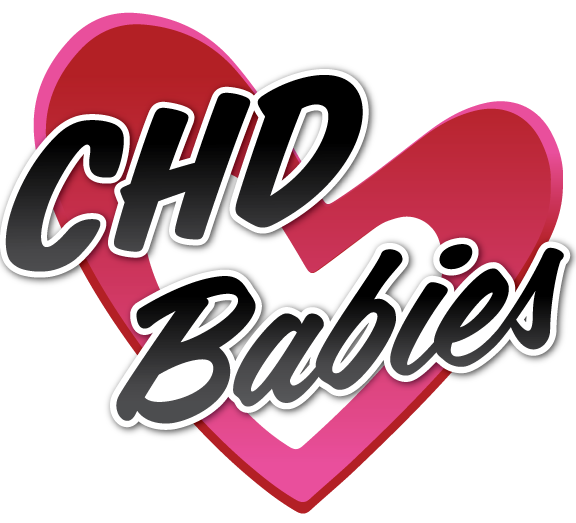For months I’ve been working on a post regarding a possible link between learning disabilities and CHD, specifically in children who have undergone open heart surgery.
We all know that every child is different. Every CHD is different. Every pregnancy is different. Every labor and delivery is different. Time spent with an undiagnosed CHD after birth is different. Every open heart surgery is different. Time spent on hypothermic circulatory arrest (HCA) or low-flow cardiopulmonary bypass (LFB) is different. The number of surgeries per child is different. Whether or not the child suffers(ed) from seizures plays a role as well.
So many factors come into play that we can only wonder or speculate about the cognitive and developmental future of our own child. As heart parents, only we (and maybe a few doctors) know to what extent our child has been affected by their special heart defect.
That’s why I decided NOT to try and choose one specific study to share with my readers. Each study I read online is different. Some conclude good neurodevelopment outcomes for CHD children after surgery, some not. Some discuss specific CHDs and surgeries in their studies, others don’t. Most of the studies are outdated, so consider that along with fact that new technology has been introduced since. All of this matters when you read these studies.
The following are links to many different studies that I’ve found online. I will keep adding to this list as I continue with my research.
A Systematic Review of Motor and Cognitive Outcomes After Early Surgery for Congenital Heart Disease
Open-heart surgery at school age does not affect neurocognitive functioning
LATE NEURODEVELOPMENTAL OUTCOME AFTER PEDIATRIC CPB – 1995-2002
Attentional dysfunction in children after corrective cardiac surgery in infancy
Neurocognitive consequences of surgically corrected congenital heart defects: A review
Neurodevelopmental Outcomes After Staged Palliation for Hypoplastic Left Heart Syndrome
Intellectual, neuropsychological, and behavioral functioning in children with tetralogy of Fallot
Neurodevelopmental outcome after congenital heart surgery: results from an institutional registry
Risk of Seizures in Survivors of Newborn Heart Surgery Using Deep Hypothermic Circulatory Arrest
Neurologic Sequelae of Deep Hypothermic Circulatory Arrest in Cardiac Transplant Infants
Neurodevelopmental outcomes after biventricular repair of congenital heart defects
Cerebral regional oxygenation during aortic coarctation repair in pediatric population
The short term effects of cardiopulmonary bypass on neurologic function in children and young adults
